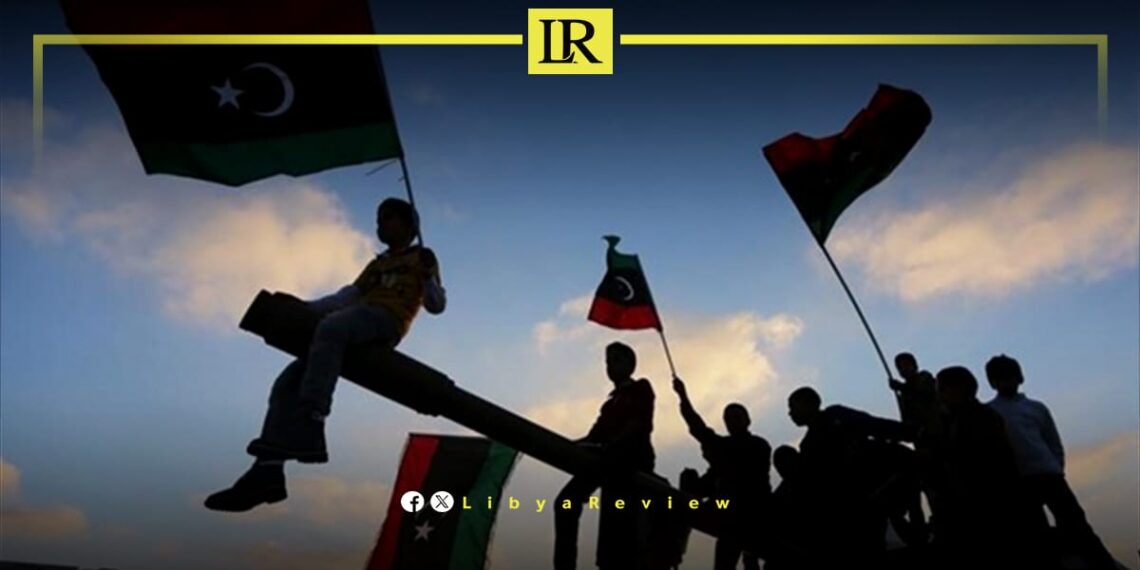The nomination of Ghana’s former foreign minister, Hanna Serwaa Tetteh, by UN Secretary-General António Guterres to serve as the new UN envoy to Libya has sparked controversy. The move raises questions about whether the appointment will gain international consensus.
Russia has expressed significant concerns about the process. Vasily Nebenzya, Russia’s UN representative, criticised the lack of transparency and consultation with Security Council members.
Currently, American diplomat Stephanie Khouri serves as the Acting Head of the UN Support Mission in Libya (UNSMIL). Her political initiative to address Libya’s crisis has met local opposition despite international support.
Libyan political analyst Salem Abu Khzam believes that a sharp divide within the Security Council, primarily between the US and Russia, complicates the appointment process. However, he noted that improved US-Russia relations could influence the outcome.
Abu Khzam told “ERM News” that Hanna Tetteh, as an African diplomat in a limited role, might be a compromise but not a definitive solution to Libya’s crisis.
Another Libyan analyst, Dr Khaled Al-Hijazi, emphasised told ERM news that appointing a UN envoy requires Security Council approval, where veto powers like Russia and China often challenge proposed candidates. Tetteh’s qualifications, including her experience as Ghana’s foreign minister and her African Union role, might not fully address Libya’s complex political dynamics.
Al-Hijazi argued that Tetteh’s appointment depends on support from major powers, including the US, France, and Russia, alongside approval from Libya’s neighbours. He highlighted that Libya’s deep political divisions and competing interests make any envoy’s mission highly challenging.
Ultimately, success hinges on international consensus, regional support, and the envoy’s ability to mediate between Libya’s fragmented factions. For now, the timeline for appointing a new UN envoy to Libya remains uncertain.


